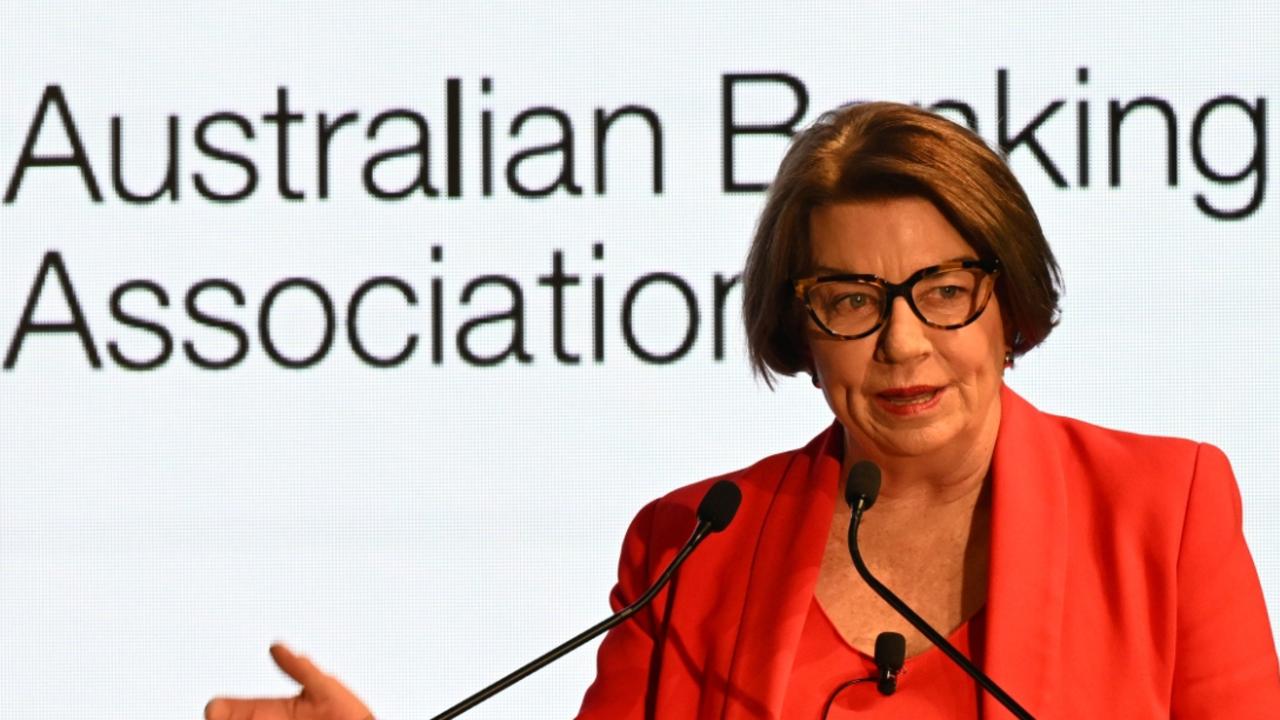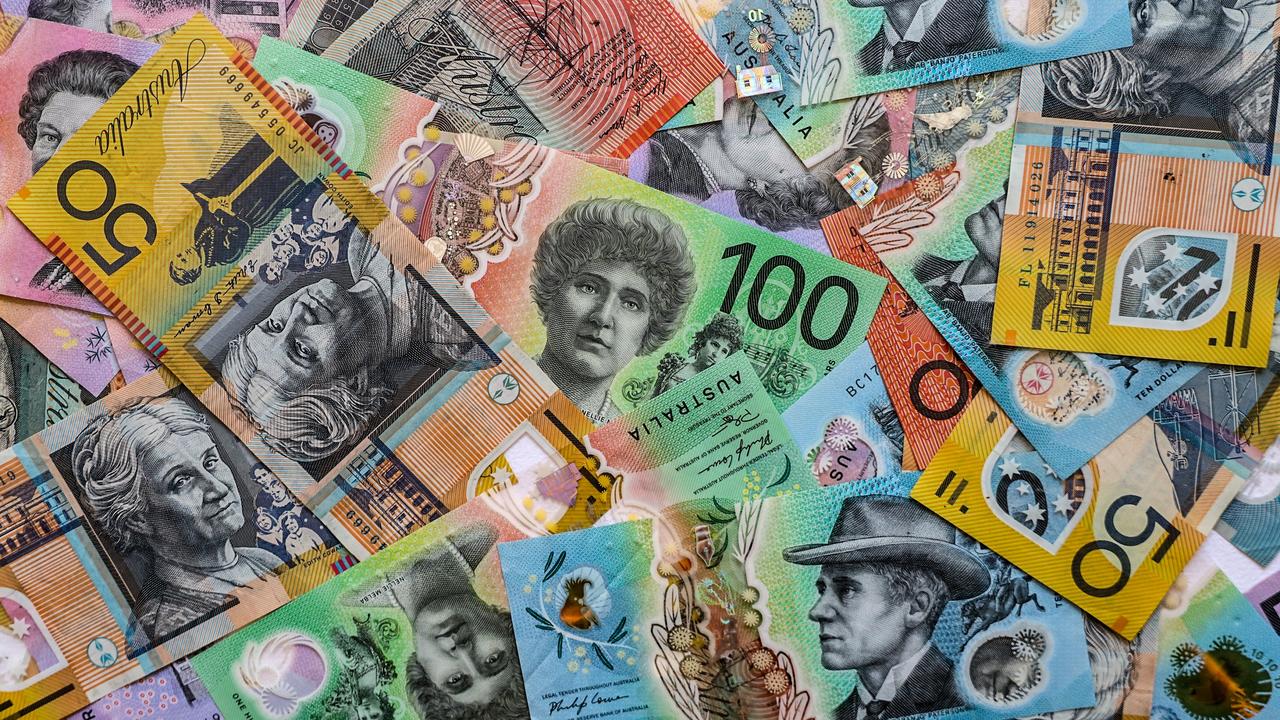‘Heartbeat away from recession’: Economy expected to slow as households cut back spending
With households paring back spending, analysts expect Wednesday’s GDP figures will show Australia’s economy slowing to a crawl and being a “heartbeat” away from a recession.
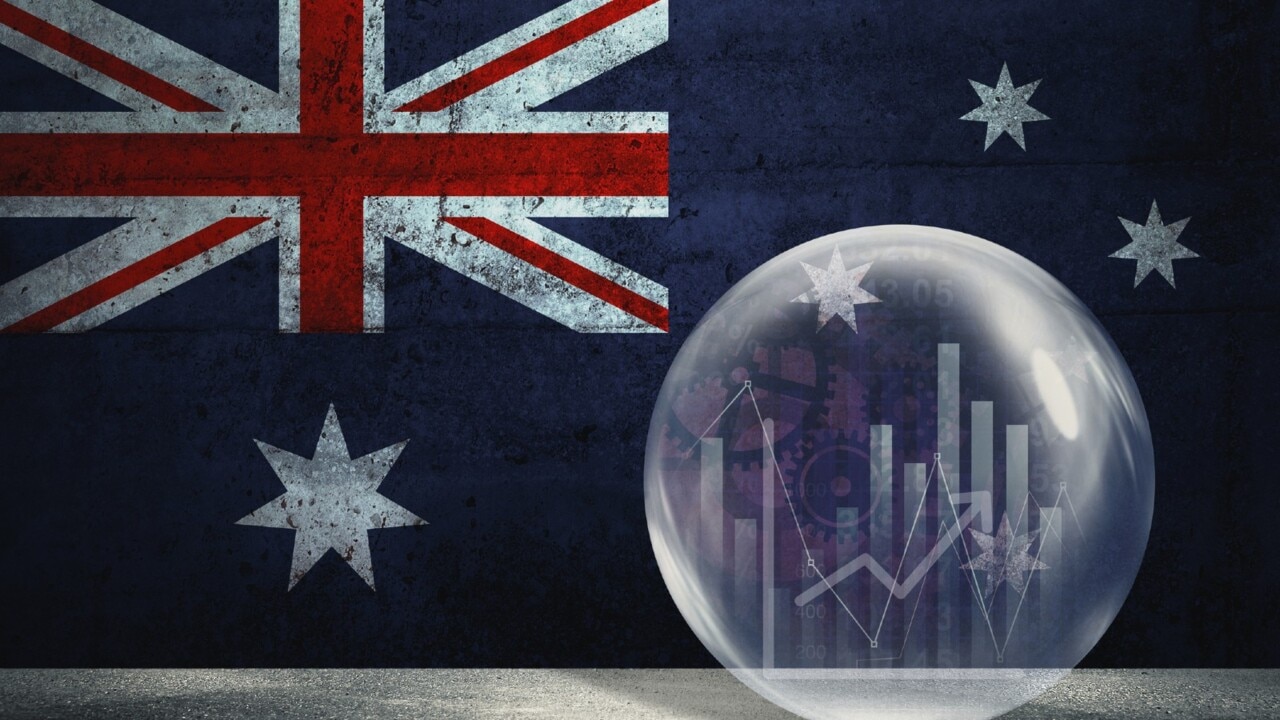
Businesses like supermarkets and retailers experienced a fall in profits through the first three months of 2024 as stretched household budgets cut back on spending, with experts warning the economy is a “heartbeat away” from recession.
Across the March quarter, gross operating profits slumped 2.5 per cent, the Australian Bureau of Statistics said on Wednesday, with earnings across construction, transport and retail trade heading in reverse, and pouring cold water on allegations of corporate profiteering.
Meanwhile, profits in the accommodation, food services and hospitality sectors rose by just 1 per cent.
On the back of falling commodity prices, mining profits also fell sharply, declining 6.1 per cent over the quarter.
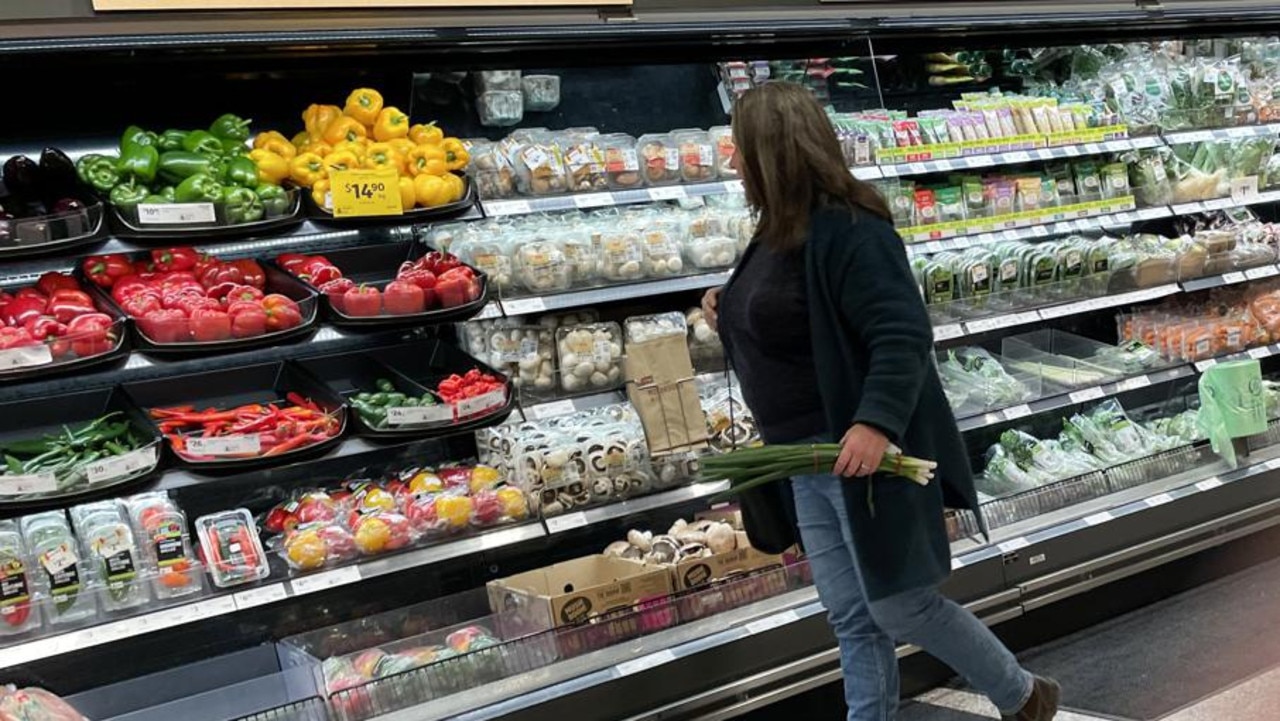
The fresh figures will form part of the March quarter national accounts data, to be released on Wednesday, which economists expect will show the economy expanded by an anaemic 0.2 per cent in the first three months of 2024.
An outcome in line with consensus forecasts would see annual growth slip to just 1.2 per cent - its weakest result outside the pandemic since the dot com bust and introduction of the GST in 2000.
That figure would also be well outstripped by projected population growth of 2.5 per cent, marking a deepening of Australia’s per-capita recession into its fourth consecutive quarter.
Speaking in question time on Tuesday, Treasurer Jim Chalmers took aim at calls for Labor to pursue deeper spending cuts to assist the Reserve Bank in its efforts to tame inflation.
“Some of the most hawkish commentary we see completely misses the fact that the economy is already soft and people are already under pressure,” Dr Chalmers said.
“In these circumstances it would have been crazy to tighten the screws even further on a soft economy, and on people who are already doing it tough.”
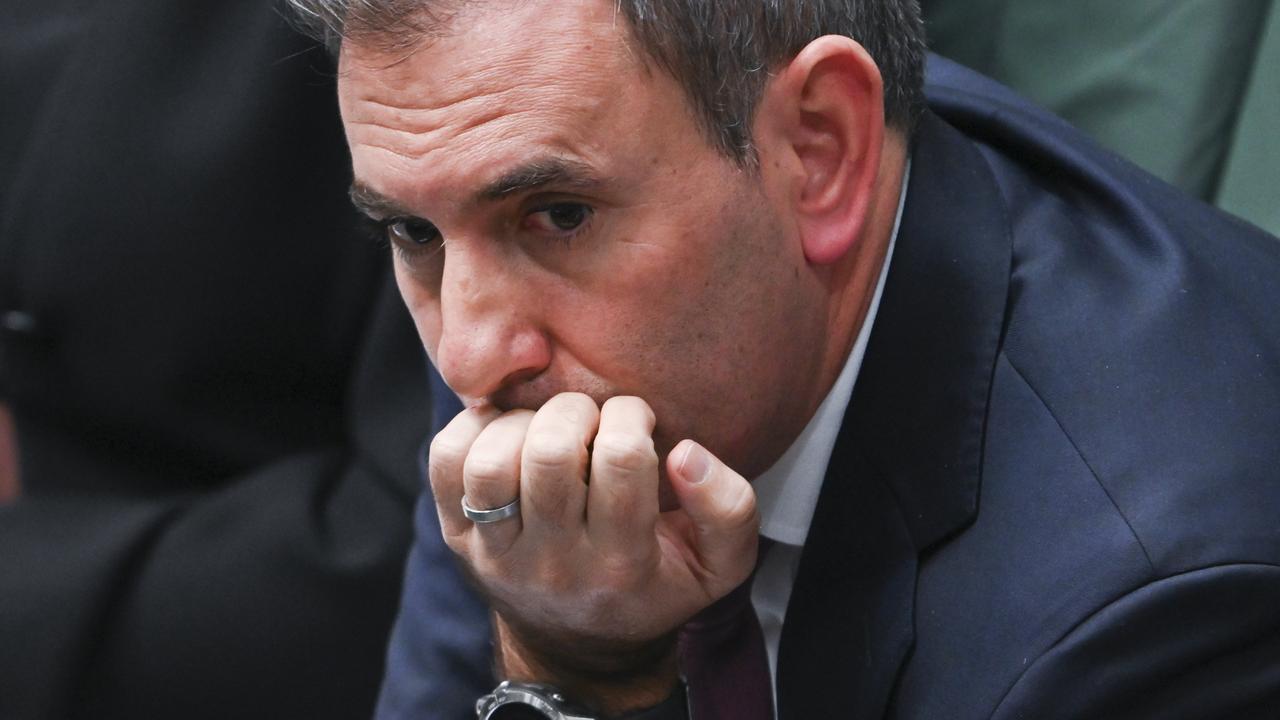
Following Tuesday’s data, KPMG chief economist Brendan Rynne said the March quarter GDP figures would show the economy had been a “heartbeat away from a recession”.
“When combined with the December quarter of 2023 it shows that the domestic economy has barely grown over the past six months,” he said.
In normal circumstances, Dr Rynne said the weakness in the economy would induce the RBA to cut interest rates to stimulate activity.
“However, with inflation still sticky and showing this ‘last mile’ down to the target band is a much harder road, KPMG expects the RBA to still sit on its hands for at least another quarter,” he said.
Separate figures also released by the ABS showed Australia’s current account plunged into a $4.9bn deficit in the March quarter, far weaker than anticipated.
Across the quarter, imports for consumer goods like clothes, footwear and medicines jumped, while exports of key commodities including coal and iron ore skidded lower.
On the services side, the value of Australia’s exports rose as more tourists came to Australia to attend Pink and Taylor Swift shows, however imports slumped as local travellers gave up on overseas trips due to mounting cost of living pressures.
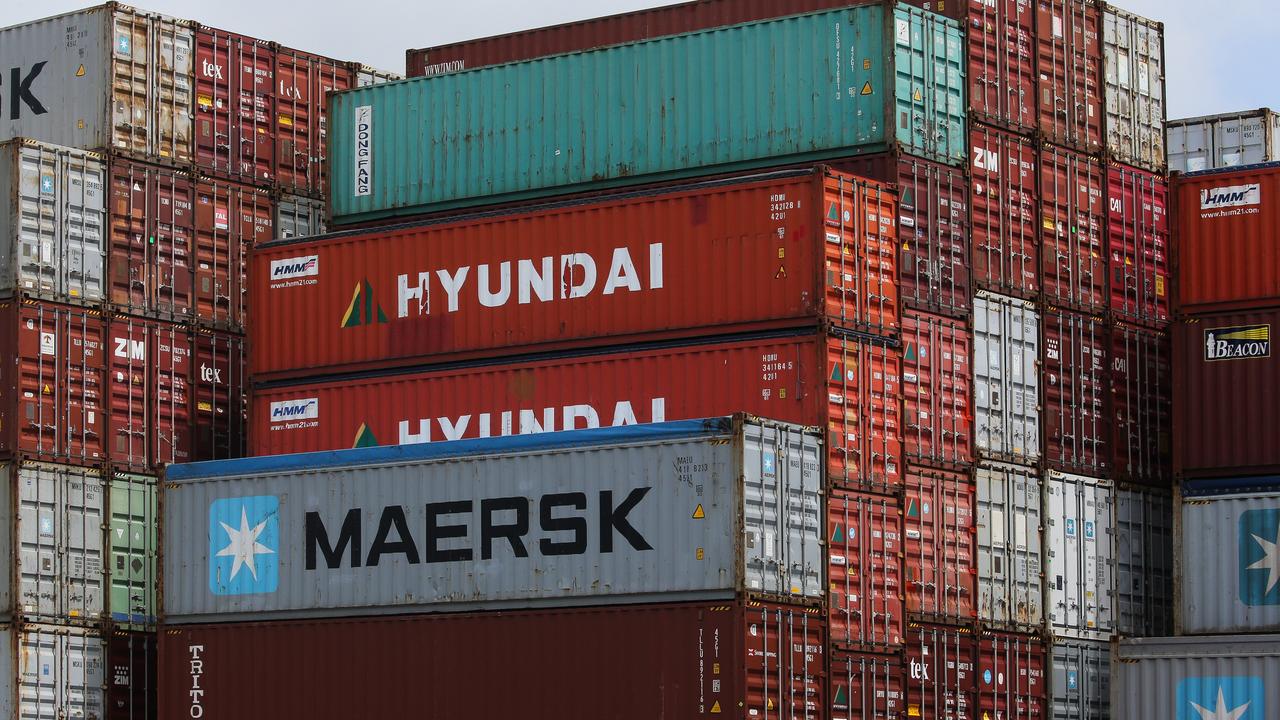
With growth in imports significantly outstripping growth in exports, Australia’s foreign trade is expected to shave 0.9 percentage points from Wednesday’s GDP reading.
However, the decline is expected to be offset by a stronger-than-anticipated increase in business inventories, adding one percentage point to GDP.
But KPMG’s Dr Rynne warned that much of the restocking by retailers over Christmas and New Year was yet to be purchased.
“This new stock has not been sold as consumers continued to pull back on spending during the first quarter of 2024, resulting in a build-up of inventories across the country,” Mr Rynne added.
Meanwhile, recurrent government spending is also expected to add a further 0.2 percentage points to GDP, the ABS noted, marginally higher than forecast.
“The outlook for public demand remains firm with extra spending contained in the budget to flow over the coming financial years,” CommBank senior economist Stephen Wu added.
Citi chief economist Josh Williamson said Tuesday’s data indicated that the economy was slowing faster than the RBA had anticipated.
“The RBA should view the slowdown as evidence that monetary policy is working to create a better balance of supply and demand,” he said.



